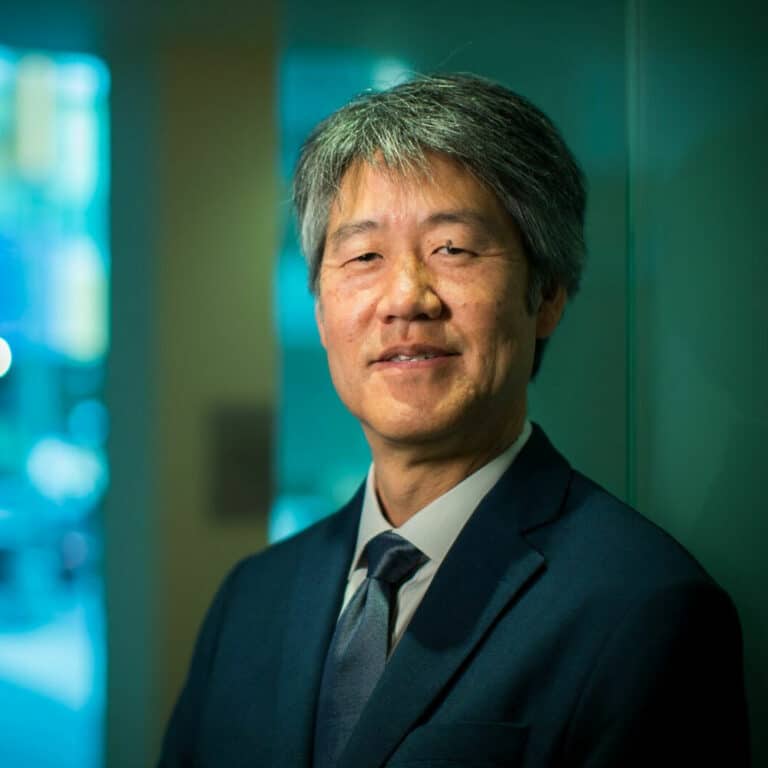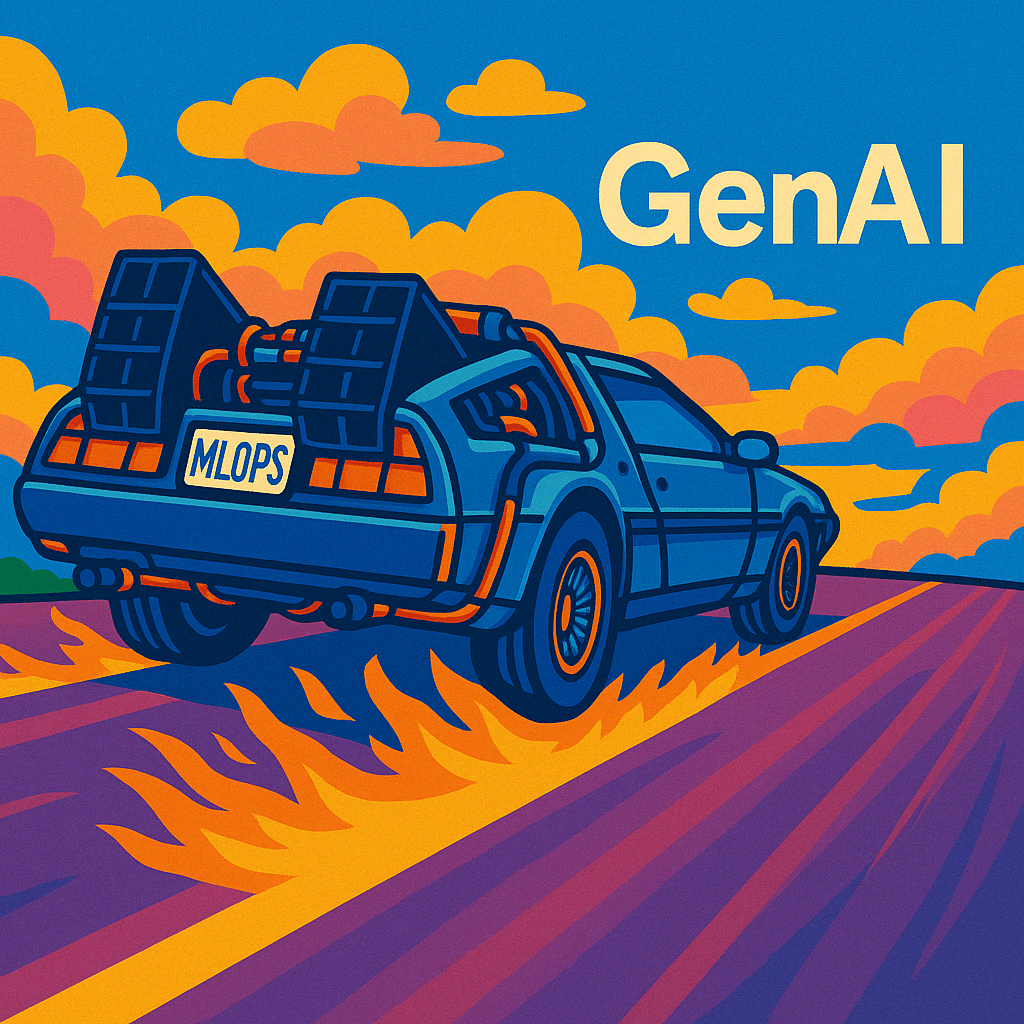Last week I attended the Microsoft Ignite conference in Orlando.
One of the highlights of the experience was the opportunity to hear from Peter Lee, the corporate VP responsible for much of Microsoft’s AI research, their healthcare initiative, and the Microsoft Research labs in Beijing and, as of recently, Shanghai.
One of the comments Peter made during his group presentation really intrigued me, and I was able to get a bit of one-on-one time with him later on to dig in a bit further.
Specifically, Peter noted his belief that ResNets are a unique product of the crucible that is ‘AI in China,’ and probably wouldn’t have been invented, at least not at the time they were, anyplace else. (Peter was careful to point out that this was his personal view, and not an official MSR or Microsoft position.)
If you’re familiar with ResNets, or deep residual networks, you understand the significance of their creation. ResNets were the convolutional neural net (CNN) architecture that won the ImageNet Large Scale Visual Recognition Challenge (ILSVRC) competition in 2015 and went on to revolutionize deep learning. Deep learning first won the ILSVRC in 2012 with the 8-layer deep AlexNet. The 2014 winner was the 22 layer deep GoogleNet (also knows as Inception V1). Using a novel technique called “skip connections,” ResNets achieved super-human performance on ILSVRC for the first time, using an unprecedented 152-layer network.
Most in the field know that ResNets were invented at Microsoft Research. Fewer realize that they were invented at the company’s Beijing research lab, which celebrates it 20th anniversary next month.
According to Peter, while the Beijing lab has a long history of exploring the notion of selective “focus” in computer vision, the ResNet approach so defies conventional wisdom that it might have never seen the light of day in a more established (read: North American or European) lab.
More broadly, the culture of the lab and the AI ecosystem it exists within in China has created—on the part of a cadre of newly minted young researchers from top quality Ph.D. programs at elite Chinese universities— an incredible hunger to prove themselves on the world research stage.
I find the intersection of culture and innovation an incredibly interesting topic and I hope to dig deeper into the AI work happening in China and around the world over the upcoming months.
I’ve got a trip to China in the works for October. If you’re in Beijing or Shanghai and would like to connect there, or if you’ve got a perspective on AI in China or around the world, please reach out! I’d love to connect with you.
Cheers,
Sam





